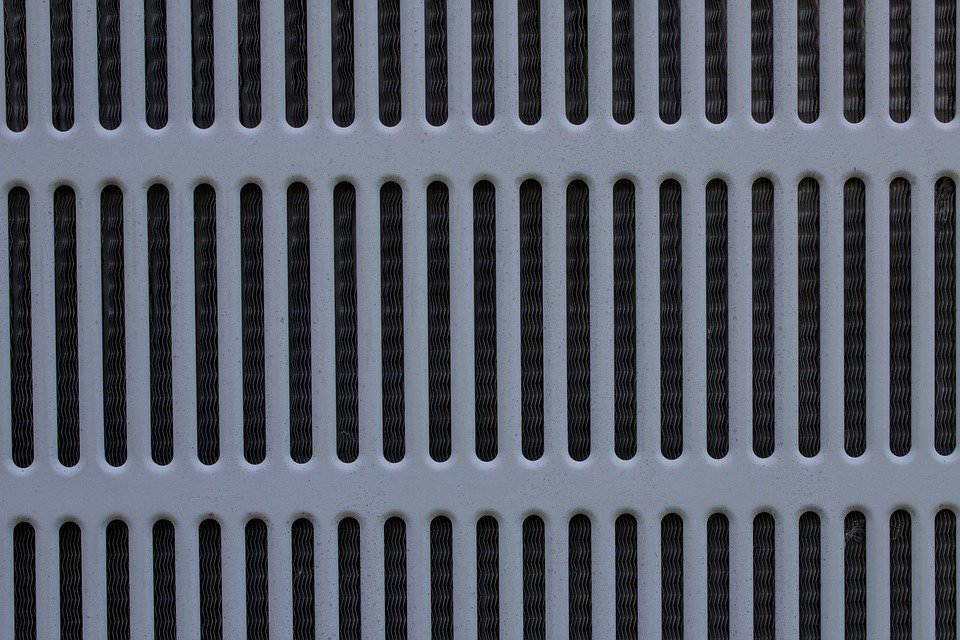Now that winter is finally over, your dependence on your air conditioner will increase. To avoid major breakdowns during the spring and summer, understanding the system and its components is crucial.
Refrigerant
The refrigerant is the liquid that allows the whole system to work. It moves through the system at warm and cool temperatures which affect its state, i.e. liquid or gaseous state.
Refrigerant leaks are a common issue that arises with air conditioners. When this happens, the air conditioner cannot provide sufficient cooling.
Compressor
The compressor adds pressure to the refrigerant, which increases its temperature by compressing the gas. The refrigerant must be warmer than the temperature outside as heat naturally flows from a warm area to a cool area. The refrigerant then moves to the condenser coil.
Condenser coil
The condenser coil is found in an outdoor HVAC system. This coil receives refrigerant that’s high in pressure. Its job is the opposite of what the evaporator coil does since it has hot refrigerant in the system, opposed to cold.
The condenser coil facilitates heat transfer to the outdoors. The refrigerant creates heat and the condenser fan blows air over the coils.

Expansion valve
The refrigerant leaves the condenser in a liquid state. While heat has been dispersed by this step, it is still too hot to enter evaporator coils. The refrigerant needs to be cooled down before entering the evaporator coils. A thermostatic expansion valve is normally used for this task.
The expansion valve removes pressure from the refrigerant which converts into a gas in the evaporator. This expansion valve also controls the volume of refrigerant as well as the voltage flow entering the evaporator coil.
Evaporator coil
Evaporator coils are some of the most important parts of an air conditioner. This component picks up heat within the home.
An evaporator coil is made of copper tubes that receive the depressurized refrigerant from the expansion valve. The air indoors blows over the cold coils, the heat is absorbed and converted into cool air.
Similar to the condenser coil that requires a condenser fan for heat transfer, the evaporator coils requires an air blower to blow air over the coils.
Pro tip: The coils in the system tend to get dirty over time. For maximum efficiency, air conditioner coils must be kept clean as well, according to Energy.gov. Use a blower over the coils for an efficient system.
Schedule an appointment with our AC repair service in Cape Canaveral for repairs as well as maintenance services. We also provide air conditioner installation for those looking to replace their units or are buying their first one. Call (321) 951-8767 too book an appointment with us.
